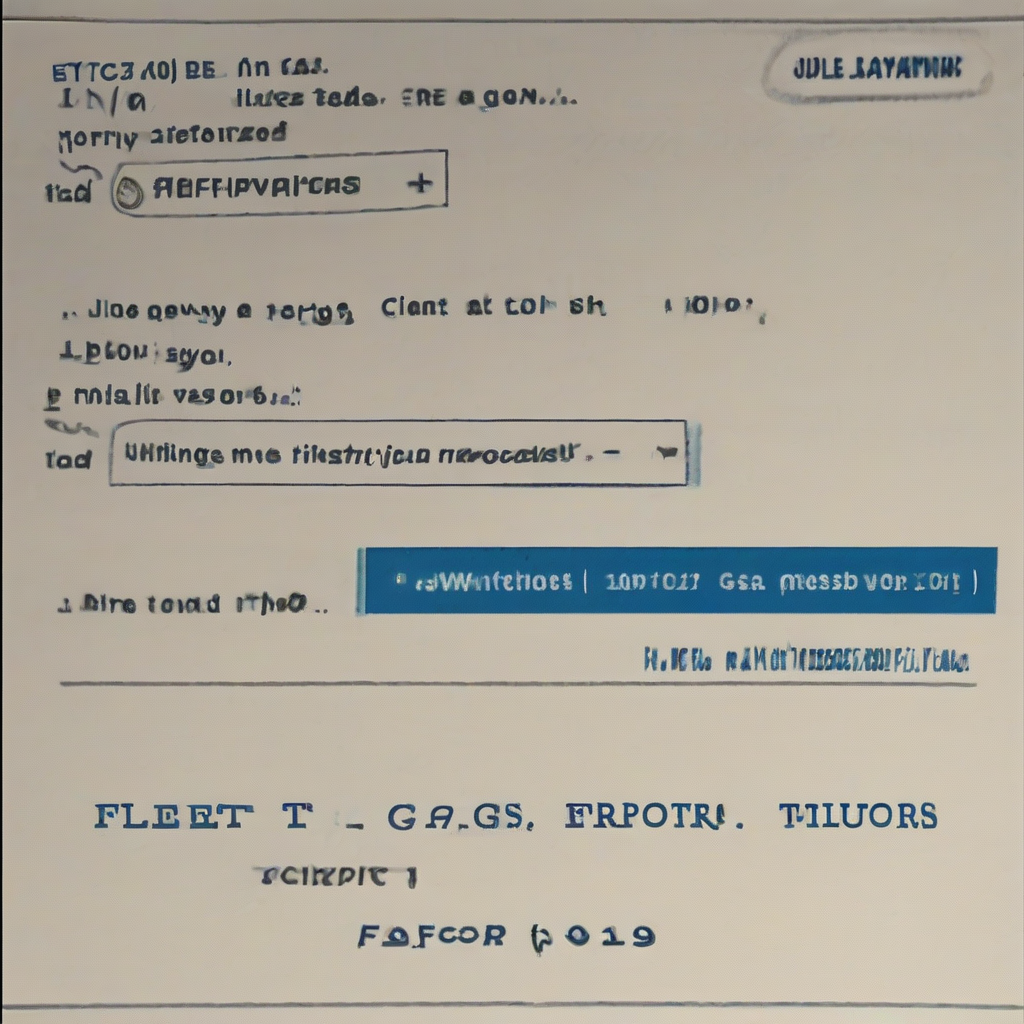Fleetcor Fuel Cards: A Deep Dive into Features, Benefits, and Considerations
Fleetcor Technologies, Inc. is a leading global provider of fuel cards and related payment solutions. Their offerings, often simply referred to as “Fleetcor fuel cards,” cater to a wide range of businesses, from small fleets to large corporations, providing streamlined fuel management and cost control. This in-depth analysis explores the various aspects of Fleetcor fuel cards, examining their features, benefits, potential drawbacks, and overall suitability for different business needs.
Understanding Fleetcor’s Fuel Card Portfolio
Fleetcor doesn’t offer a single, monolithic fuel card. Instead, they provide a portfolio of cards tailored to specific industries and fleet sizes. This allows businesses to select a solution that precisely matches their requirements. Some key brands under the Fleetcor umbrella include:
- WEX: A prominent brand offering a comprehensive suite of fuel cards, often used by larger fleets and businesses with complex fuel management needs. WEX cards frequently integrate with robust reporting and analytics tools.
- Fuelman: Another major player focusing on fuel management solutions, Fuelman cards are known for their acceptance at a vast network of fuel stations across the country.
- Comdata: A long-standing provider known for its reliable service and wide acceptance among trucking companies and other transportation businesses. Comdata’s offerings frequently include specialized features for drivers’ expense management.
- RoadLink: Often targeted towards smaller businesses and independent contractors, RoadLink cards offer a simpler, more straightforward approach to fuel management.
The specific features and benefits of each Fleetcor brand vary, but common functionalities include:
- Wide Acceptance Network: Fleetcor cards generally boast a broad acceptance network, ensuring drivers can refuel at a large number of stations, minimizing disruption.
- Detailed Reporting and Analytics: Businesses gain valuable insights into fuel consumption patterns, driver behavior, and overall fuel costs through comprehensive reporting dashboards and analytics tools.
- Centralized Payment Processing: Simplifies payment management by consolidating all fuel expenses into a single, manageable account.
- Fraud Prevention Measures: Security features like card controls, transaction alerts, and fraud detection systems are typically included to protect against unauthorized use.
- Budgeting and Spending Controls: Many cards allow businesses to set spending limits, preventing unauthorized purchases and ensuring adherence to pre-defined budgets.
- Driver Management Tools: Some platforms offer tools to manage driver accounts, track mileage, and assign cards effectively.
- Integration with Existing Systems: Fleetcor frequently provides APIs and integration options to seamlessly connect their fuel cards with existing accounting and fleet management software.
Benefits of Using Fleetcor Fuel Cards
The benefits of utilizing Fleetcor fuel cards are multifaceted and can significantly impact a business’s bottom line. Key advantages include:
- Cost Savings: Bulk purchasing power often translates to lower fuel prices compared to paying at the pump individually. Furthermore, efficient fuel management tools help identify and eliminate wasteful spending habits.
- Improved Fuel Management: Centralized tracking and reporting provide real-time visibility into fuel consumption, enabling businesses to optimize their fuel procurement strategies and reduce overall costs.
- Enhanced Security: Robust security features minimize the risk of fraud and unauthorized spending, protecting the business’s financial resources.
- Simplified Administration: Consolidating fuel payments simplifies accounting processes and reduces administrative burdens.
- Increased Efficiency: Streamlined fuel purchasing and payment processes improve operational efficiency, allowing businesses to focus on core competencies.
- Improved Driver Accountability: Some platforms offer tools to monitor driver behavior and fuel consumption, promoting responsible fuel use.
- Access to Data-Driven Insights: Detailed reporting and analytics provide valuable data that can inform business decisions and improve fuel management strategies.
Considerations and Potential Drawbacks
While Fleetcor fuel cards offer numerous advantages, potential drawbacks should be carefully considered before making a decision:
- Fees and Charges: Various fees may apply, including activation fees, monthly service fees, and transaction fees. It’s crucial to thoroughly understand the pricing structure before committing to a particular card.
- Contractual Obligations: Fleetcor typically requires contracts, which can lock businesses into agreements for specific periods. Early termination may result in penalties.
- Limited Acceptance at Certain Locations: While the acceptance network is generally extensive, some smaller or more remote fuel stations may not accept Fleetcor cards. Businesses should check the network coverage before committing.
- Technical Issues: As with any technology-based solution, occasional technical glitches or system outages can occur, potentially disrupting fuel purchasing.
- Customer Service Responsiveness: The quality of customer service can vary. It’s advisable to research customer reviews and assess the provider’s reputation for responsiveness before selecting a card.
- Integration Complexity: Integrating the card system with existing software may require technical expertise or professional assistance, potentially adding to overall costs.
Choosing the Right Fleetcor Fuel Card
Selecting the most suitable Fleetcor fuel card requires careful consideration of several factors:
- Fleet Size and Type: The size and type of fleet will influence the choice of card. Larger fleets with complex needs often benefit from more comprehensive solutions, while smaller fleets may opt for simpler options.
- Fuel Consumption Patterns: Understanding fuel consumption patterns helps determine the appropriate card features and spending limits.
- Budgetary Constraints: Businesses should carefully assess the cost of various cards and compare pricing structures before making a decision.
- Technological Capabilities: The level of integration with existing systems and the availability of advanced reporting and analytics features should be considered.
- Customer Support and Service: Choosing a provider with a strong track record of customer service is essential to ensure prompt resolution of any issues.
Comparison with Other Fuel Card Providers
While Fleetcor is a major player, it’s vital to compare their offerings against other fuel card providers in the market. Competition includes companies like:
- Shell: Offers fuel cards with various features tailored to different business needs.
- BP: Provides fuel cards with a strong focus on loyalty programs and discounts.
- ExxonMobil: Offers fuel cards with broad acceptance and various payment options.
Comparing the features, fees, and acceptance networks of various providers is essential to ensure that the chosen card aligns with the business’s specific requirements and budget.
Conclusion (Omitted as per instructions)
